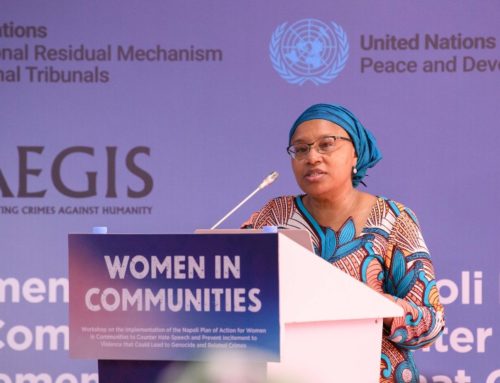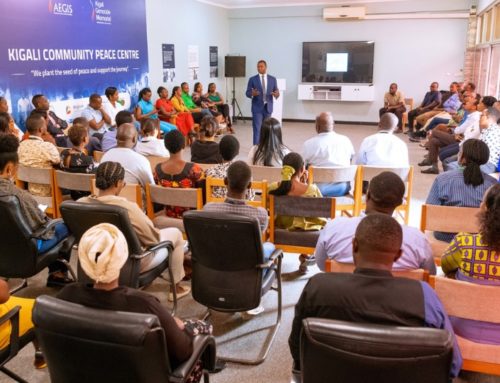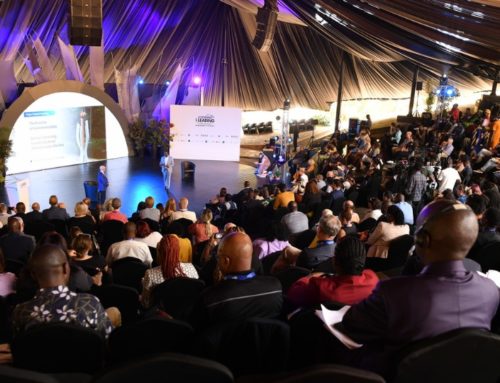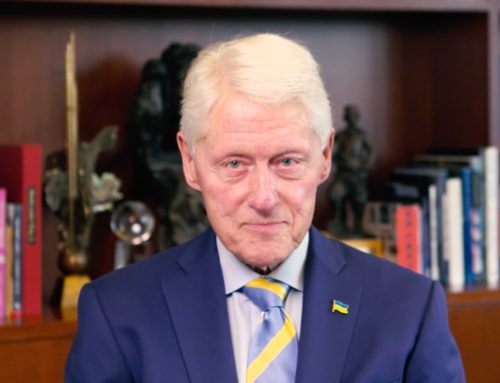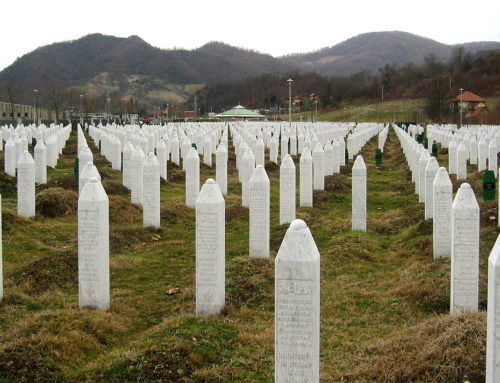18 Sept 06 – The global ‘Day for Darfur’ yesterday saw tens of take part
London Day for Darfur Demonstration Photograph Gallery
 The global ‘Day for Darfur’ yesterday saw tens of thousands of people take part in 57 events across 41 countries to call for effective international protection of Darfur’s African population, who for three years have been the victims of wholesale ethnic cleansing by Sudanese Government forces and ‘Janjaweed’ Arab militia.
The global ‘Day for Darfur’ yesterday saw tens of thousands of people take part in 57 events across 41 countries to call for effective international protection of Darfur’s African population, who for three years have been the victims of wholesale ethnic cleansing by Sudanese Government forces and ‘Janjaweed’ Arab militia.
Global activism
From Banjul to Berlin, Cairo to Copenhagen and Vancouver to Ulan Bator, people joined the call for United Nations protection to follow the withdrawal of the African Union mission from Darfur on 30 September. Many donned blue berets, symbolising their support for a UN force.
In a message from Khartoum itself, Ibrahim Bagal, spokesman for the Darfur Students Association, stated: “We thank every one of you for your concern about the suffering of the people of Darfur. Today you truly confirm the immortal words of the English poet John Donne: ‘any man’s death diminishes me, because I am involved in Mankind.’ Today the people of Darfur will feel the whole world is standing up for them and they will never feel alone or abandoned or deserted anymore.”
London events
In London, a thousand people rallied outside the Sudanese Embassy in the morning to hear leading politicians, together with survivors from the Holocaust, Rwanda, Bosnia and Darfur call for an end to mass murder in Sudan. The rally was followed by a march to Whitehall, where faith leaders gathered at Downing Street to pray for peace in Darfur. During the afternoon, Baroness Amos and Andrew Mitchell MP opened an exhibition about the Darfur crisis at the Old Vic Theatre, joined by survivors and by actress Clare-Hope Ashitey, star of ‘Shooting Dogs’, the recent feature film about the Rwandan Genocide.
Darfur back on the media agenda
Television coverage in London included BBC News 24, BBC World, Channel Four, Sky News, CNN and Al Jazeera. Staff from the Aegis Trust, which was responsible for the Darfur exhibition and for rally at the Sudanese Embassy in conjunction with Amnesty International – where the Darfur Union also played a key role – were interviewed extensively and quoted in the Scotsman, the Sudan Tribune, Irish Examiner, Aljazeera.net, Gulf Times, Washington Post, the Guardian, the New Zealand Herald, the Mail & Guardian (South Africa) and the Independent. Radio interviews for the Press Association, SABC (South Africa) and Independent Radio News saw the story carried even further afield. Pictures were carried by PA and AP and appeared in most of the UK press, including London’s ‘Metro’.
Comments from the ‘Day for Darfur’
 Baroness Amos, Leader of the House of Lords & President of the Council
Baroness Amos, Leader of the House of Lords & President of the Council
“We pledged as a world community last year that we would not allow a repeat of the situation that we saw in Rwanda, when we turned our backs, and I think that the work that the Aegis Trust has done is very important in that respect,” Baroness Amos stated at the launch of the Darfur exhibition at the Old Vic. “We have seen millions displaced, we have seen humanitarian workers murdered, we have seen the regular rape of women as part of the ongoing slaughter in Darfur, and it raises, I think, some really big questions for us, not only as government but as citizens, about how the commitment to the responsibility to protect could be played out in practice.”
 Andrew Mitchell MP, Shadow Secretary for International Development
Andrew Mitchell MP, Shadow Secretary for International Development
Andrew Mitchell MP, Shadow International Development Secretary, stated: “Let’s be clear what the situation is. It is absolutely desperate. All those people who were driven out of their villages have now been collected into areas which could very easily be converted into killing zones. Today what we are witnessing is like a slow-motion railway train crash. If the AU go, and if the UN don’t go in there, we all know what’s going to happen in those camps. That is the reality coming up, not in months or years, but in weeks. We should not be in any doubt that all the warm words we are hearing are warm words on the brink of witnessing another terrible disaster, and I don’t want people in two years’ time writing the same books they wrote after Bosnia and after Rwanda about how we must never allow this to happen again.”
Clare-Hope Ashitey, star of the film ‘Shooting Dogs’ – which portrays victims of the genocide in Rwanda, 1994, awaiting their fate as UN forces prepared to leave – commented: “I really can’t do any more than appeal in the highest sense to anyone who has the power, which in a sense is all of us, to pressure the authorities to intervene because otherwise, people are going to die, it’s as simple as that. They’re going to be killed on a massive scale. I am heartbroken and desperate for something to happen. We can’t ignore people, just because they live on another continent or have a different colour skin. I don’t want to be approached in another ten years to be in a movie about Sudan because I won’t be able to do it.”
 Kemal Pervanic, Survivor of Omarska Concentration Camp, Bosnia
Kemal Pervanic, Survivor of Omarska Concentration Camp, Bosnia
“When I first learned what was going on in Darfur it made my stomach churn because it reminded me very much of what was going on in Bosnia a decade earlier,” says Kemal Pervanic, survivor of Omarska concentration camp. “It makes you depressed knowing that these kinds of events don’t come out of the blue, they require infrastructure to carry them out. Powerful governments have their intelligence services, and just before genocide occurs these governments know what’s going on and yet they refuse to prevent it. Prevention is the best form of action, but while genocide was taking place like in Bosnia, Rwanda, and now in Darfur, people just won’t admit it’s genocide for fear of having to intervene. We constantly have to remind politicians what their duties are. It’s their responsibility to protect.”
 James Smith, Chief Executive, Aegis Trust
James Smith, Chief Executive, Aegis Trust
“I think what has happened through the Day for Darfur, through all of us being here, it has helped to raise the media profile, it has helped to put it much higher on the political agenda, to bring the politicians to account, to understand that when they sign documents about their responsibility to protect people from crimes against humanity, they must do that. Millions of people’s lives are at stake within weeks. We need to think in creative ways about this. Why not deploy UN forces to Chad? Why not enforce a no-fly zone? There needs to be resolve. Thank you to everyone out on the streets today, taking part in all the campaigns. You really are part of something worldwide. It’s the first time this has happened for Darfur, it’s taken a long time to get going, but it is making a difference and it is demonstrating that it’s possible to stop genocide.”



